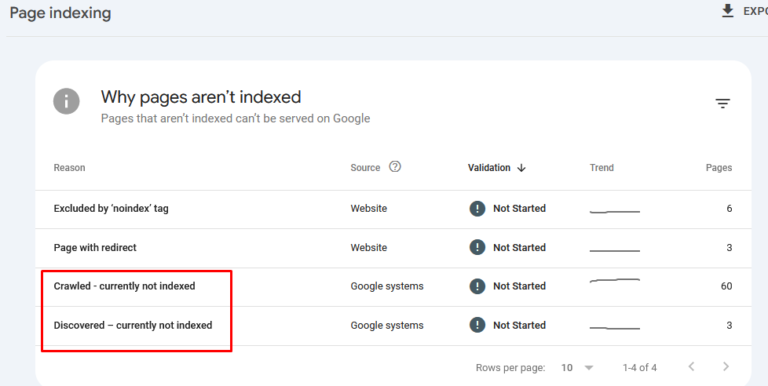Can We Identify Google Algorithm Updates Before They Hit Websites?

Google’s search algorithm is constantly evolving to deliver the most relevant and helpful results to users. These updates can significantly impact your website’s visibility and traffic. Staying informed about the latest algorithm changes is essential for optimizing your search engine ranking.
Understanding Google Algorithm Updates
Google algorithm updates are changes made to the complex system that determines which websites appear in search results. These updates aim to improve the quality of search results by:
- Relevance: Ensuring that the most relevant content appears at the top of search results.
- User Experience: Prioritizing websites that offer a great user experience, such as fast loading times and easy navigation.
- Quality: Identifying and penalizing low-quality or spammy websites.
Major Google Algorithm Updates
Here are some of the most significant Google algorithm updates in recent years:
- BERT (Bidirectional Encoder Representations from Transformers): Introduced in 2019, BERT improved Google’s understanding of natural language, leading to more accurate search results for complex queries.
- Page Experience Update: Launched in 2021, this update prioritized websites with good user experience factors like mobile-friendliness, fast loading times, and HTTPS security.
- Core Updates: Google periodically releases broad core updates to improve overall search quality. These updates can impact a wide range of websites.
How to Stay Informed About Algorithm Updates
To stay up-to-date with the latest Google algorithm updates, consider the following strategies:
- Google Search Central: This official resource from Google provides information about algorithm updates, best practices, and troubleshooting tips.
- Search Engine Optimization (SEO) News Websites: Websites like Search Engine Land, Search Engine Journal, and Moz regularly cover algorithm updates and their implications.
- SEO Tools: Many SEO tools offer features to track algorithm updates and their impact on your website’s rankings.
- Social Media: Follow industry experts and SEO communities on social media for updates and discussions.
Best Practices for Adapting to Algorithm Updates
- Focus on Quality Content: Create high-quality, informative, and engaging content that meets the needs of your target audience.
- Optimize for User Experience: Ensure your website is mobile-friendly, loads quickly, and is easy to navigate.
- Build High-Quality Backlinks: Acquire natural, high-quality backlinks from reputable websites to improve your website’s authority.
- Monitor Your Website’s Performance: Use analytics tools to track your website’s traffic, rankings, and user behavior.
- Stay Updated with SEO Trends: Keep up with the latest SEO best practices and trends to adapt to algorithm changes.
By staying informed about Google algorithm updates and following best practices, you can improve your website’s visibility and attract more organic traffic. Remember, SEO is an ongoing process, and it’s important to continually monitor and adapt your strategies.
Would you like to know more about a specific Google algorithm update or SEO topic?


